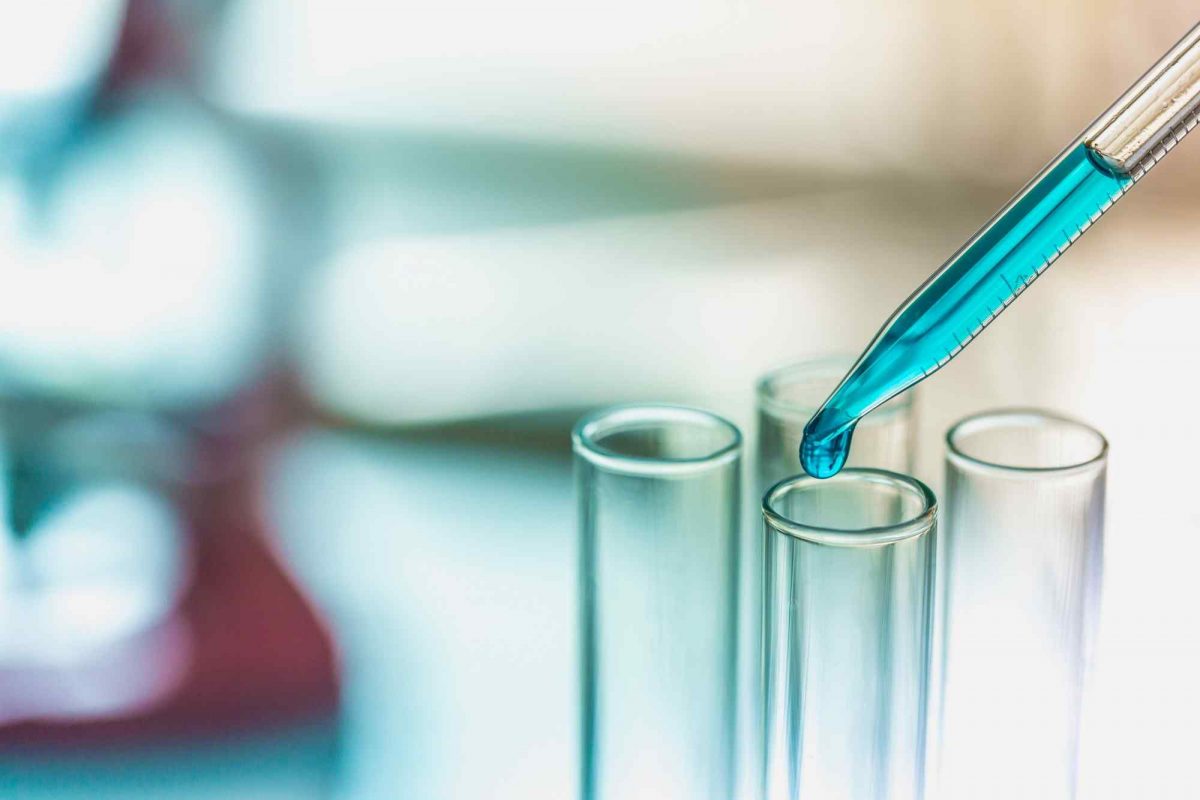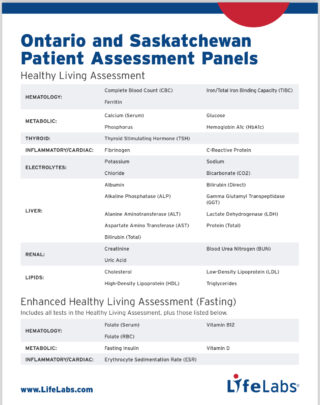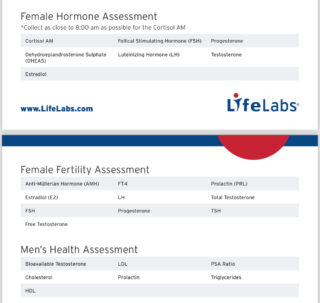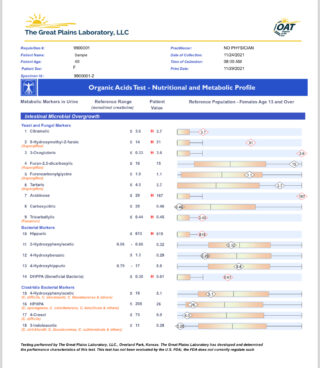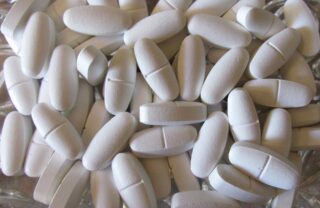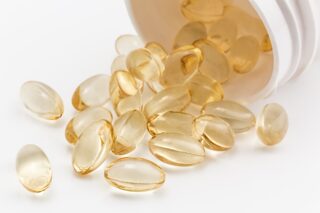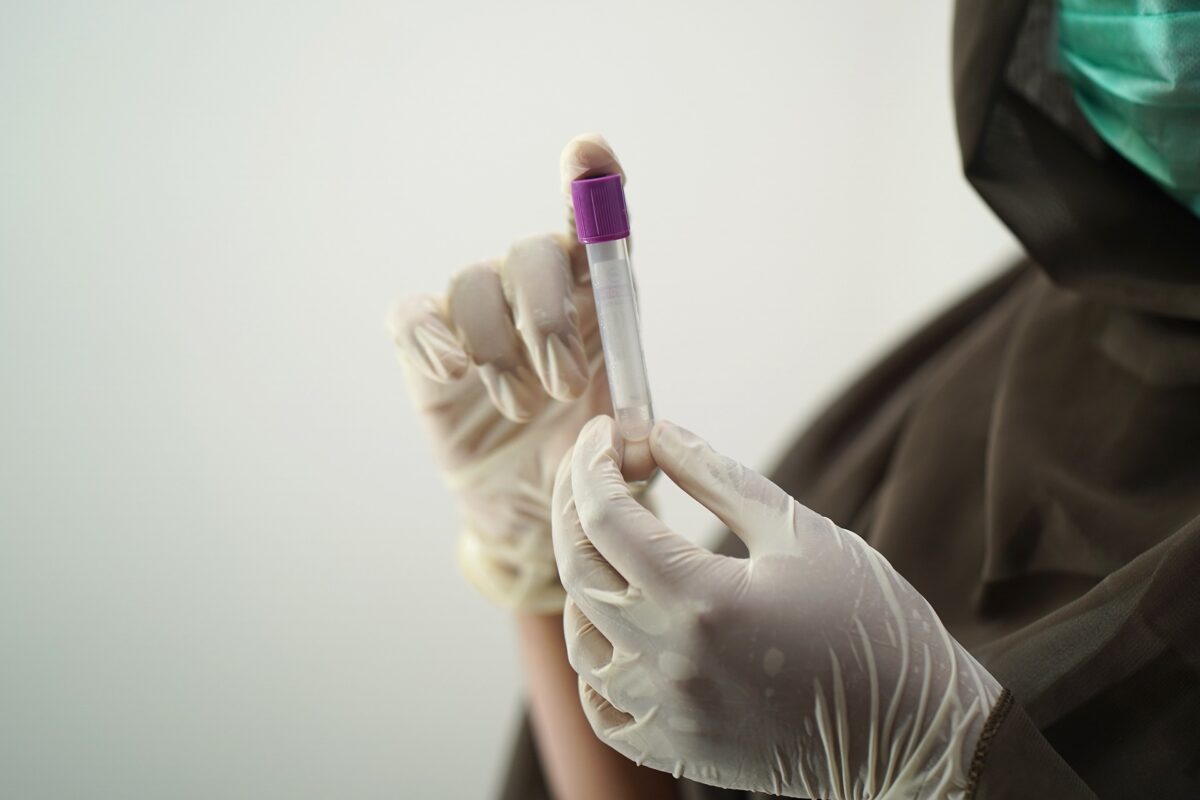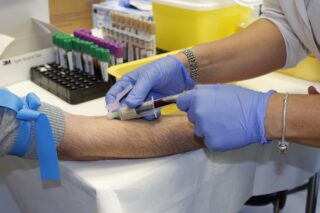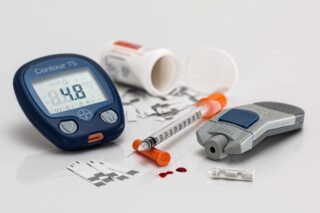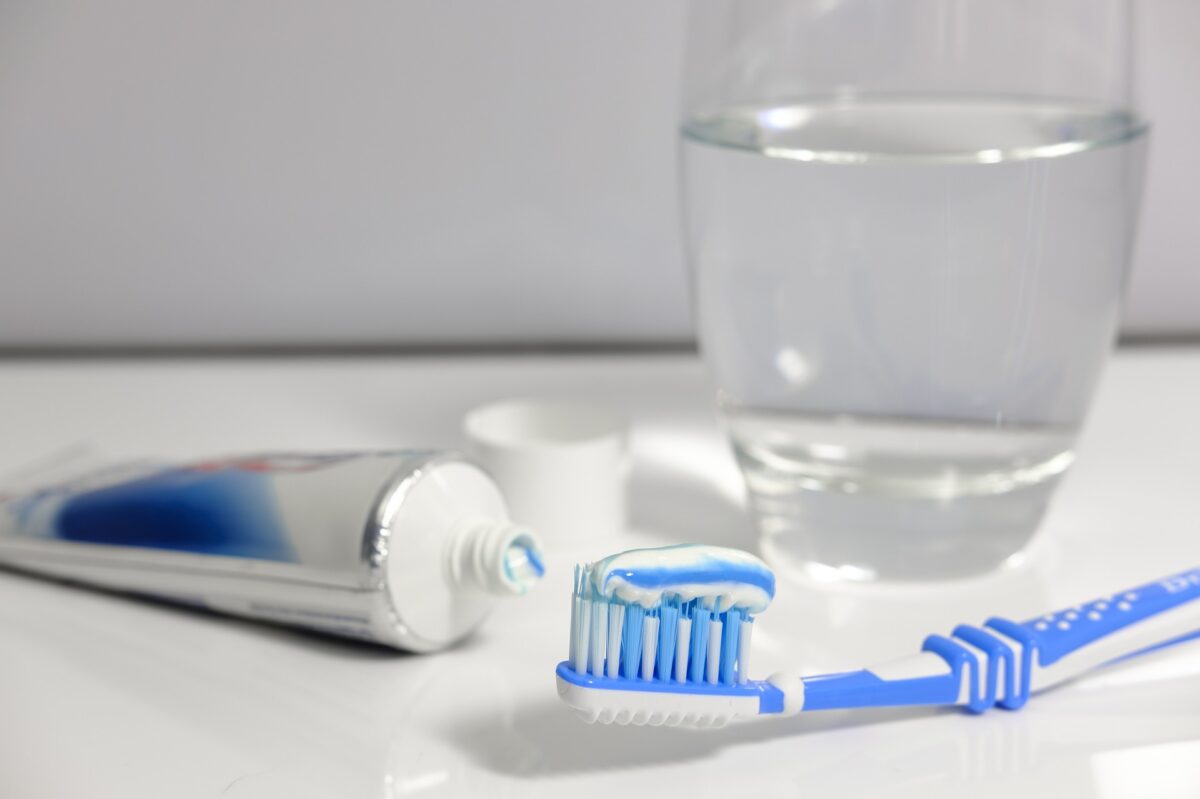Microplastics: A Cause for Concern?
In today’s world, it’s hard to ignore the presence of plastic. From the microbeads in our waterways to the tiny fibers in our clothes, microplastics are everywhere. In this article, we’ll take a look at what microplastics are, where they come from, and what we know about their potential health effects. We’ll also talk about what you can do to reduce your exposure to microplastics and how you can advocate for change in your community.
Let’s journey together to unveil the perils of microplastics and arm ourselves with the knowledge and proactive steps we need. Whether you’re fascinated by the science or eager to make a difference, I’m here to share insights and solutions to help us navigate this new challenge. Schedule a chat with me to discover how you can protect yourself from Microplastic overload
Microplastics: an emerging threat
Microplastics are the minuscule pieces of plastic, less than 5 mm in size, that have stealthily made their way into the air we breathe, the water we drink, and the soil that grows our food. They’re the aftermath of big plastic items breaking down, industrial processes, and even the products we use to care for ourselves. Their pervasive nature has us all wondering about the potential risks they pose to our health and the world around us.
The culprits behind microplastics are many and often go unnoticed. They can come from the slow disintegration of larger plastic items we discard, like water bottles and shopping bags, as they’re exposed to the elements. Industrial activities that use plastics also contribute to the problem. And did you know that some of the products we use every day, like toothpaste and cosmetics, contain microplastics? It’s a big reason why they’re so widespread.
The most troubling thing about microplastics? They’re not going anywhere. These tiny bits are built to last, sticking around for centuries and threatening the balance of our environment and our own well-being. Their minuscule size makes them easy to consume, and they can build up in our bodies and those of other organisms, potentially causing harm. While we’re still learning about the full scope of the risks, the early findings are enough to make us sit up and take notice.
The game plan to tackle microplastics is a full-court press, combining prevention and cleanup tactics. We can make a real difference by cutting back on disposable plastics and pushing for smarter waste management. And let’s not forget to cheer on the teams of researchers and innovators working to create biodegradable materials that could replace traditional plastics. It’s not just about us; it’s about the world we’re leaving for those who come after us.
The ubiquity of microplastics
The more I learn about microplastics, the more I’m struck by the gravity of the situation. These tiny, often invisible particles have made their way into every nook and cranny of our world, from the air we breathe to the water we drink and the soil that grows our food. Studies have shown that microplastics are wreaking havoc in ecosystems, from the depths of the ocean to the fields where our food is grown. The implications for our future are staggering.
The fact that microplastics have been found in some of the most remote places on Earth is a stark reminder of their global impact. From the icy landscapes of the Arctic to the deepest ocean trenches, microplastics have made their way to every corner of the planet. This is a problem that can’t be solved by individual action alone. We need to take a holistic approach to addressing microplastic pollution, and that starts with understanding just how widespread the problem has become.
By choosing eco-friendly habits, advocating for better waste management, and supporting the development of biodegradable materials, we can create a healthier environment for generations to come. The prevalence of microplastics is a reminder that we need to care for both people and the planet through comprehensive solutions.

Health risks associated with microplastics
Recent research has raised significant concerns about the potential impact of microplastics on general health, particularly hormonal health. Studies have shown that microplastics can act as endocrine disruptors, interfering with the body’s hormonal systems. For instance, a study published in the journal Environmental Health Perspectives found that certain chemicals in microplastics, such as bisphenol A (BPA) and phthalates, can mimic or block hormones, leading to potential reproductive and developmental issues (Diamanti-Kandarakis et al., 2009).
Additionally, a review in the journal Current Environmental Health Reports highlighted that microplastics can absorb and release other harmful chemicals, further exacerbating their impact on hormonal health (Smith et al., 2018). These findings underscore the need for continued research and regulatory action to mitigate the risks associated with microplastic exposure.
Strategies for minimizing microplastic exposure
In a world where plastic is everywhere, it’s important to take steps to reduce our exposure to microplastics. One of the most effective ways to do this is by making smart choices about the products we use and the food we eat. For example, choosing organic produce can help reduce our exposure to microplastics, as it is less likely to be packaged in plastic. Similarly, using non-plastic containers for food and drink storage can help reduce our exposure to microplastics and support a more sustainable lifestyle.
And let’s not forget about water filters. There are some nifty ones out there that are designed to sift out microplastics from our drinking water. A smart investment, I’d say, to keep our bodies free from these pesky particles. Oh, and those single-use plastic items? The more we can ditch them in favour of reusable options, the better. Think bottles, bags, and cutlery. It’s a win-win—good for our health and the planet’s, too.
And let’s not forget about handwashing. It’s a small but mighty habit that can help us steer clear of any microplastics that might have hitched a ride on our packaging. It’s all part of the big picture, right? Taking these little steps adds up to a healthier, happier you.
By weaving these habits into our everyday lives, we’re not just looking out for our own well-being but also playing a part in the bigger picture of a healthier, safer environment for everyone. It’s a small shift that can lead to a world of difference.
Advocating for change
As the issue of microplastics continues to grow, it’s not just about what we can do as individuals, but also about what we can do together. The first step is to educate ourselves and others about the problem. By understanding where microplastics come from and how they can impact our health, we can make more informed decisions that prioritize our well-being.
And let’s not forget about the power of advocacy. Supporting initiatives and organizations that are dedicated to reducing microplastic pollution is key. These groups are often the ones coming up with innovative solutions and advocating for policies that can make a real difference. Whether you donate, volunteer, or simply spread the word, your support can help amplify their efforts and contribute to a more sustainable future. And when you make conscious consumer choices by choosing products that are eco-friendly and microplastic-free, you’re sending a message to manufacturers that you care about the issue. This approach to prevention not only reduces your personal exposure to microplastics but also encourages companies to adopt more sustainable practices.
And there’s more. Engaging with our elected officials is a powerful way to advocate for change. By voicing our concerns and urging them to support policies that address microplastic pollution, we can influence legislation that has the potential to make a broad impact. Community involvement and local efforts also play a vital role in combating this issue. From organizing beach cleanups to educating local businesses about the importance of reducing plastic waste, every action counts. By working together, we can create a ripple effect that leads to significant reductions in microplastic pollution.


